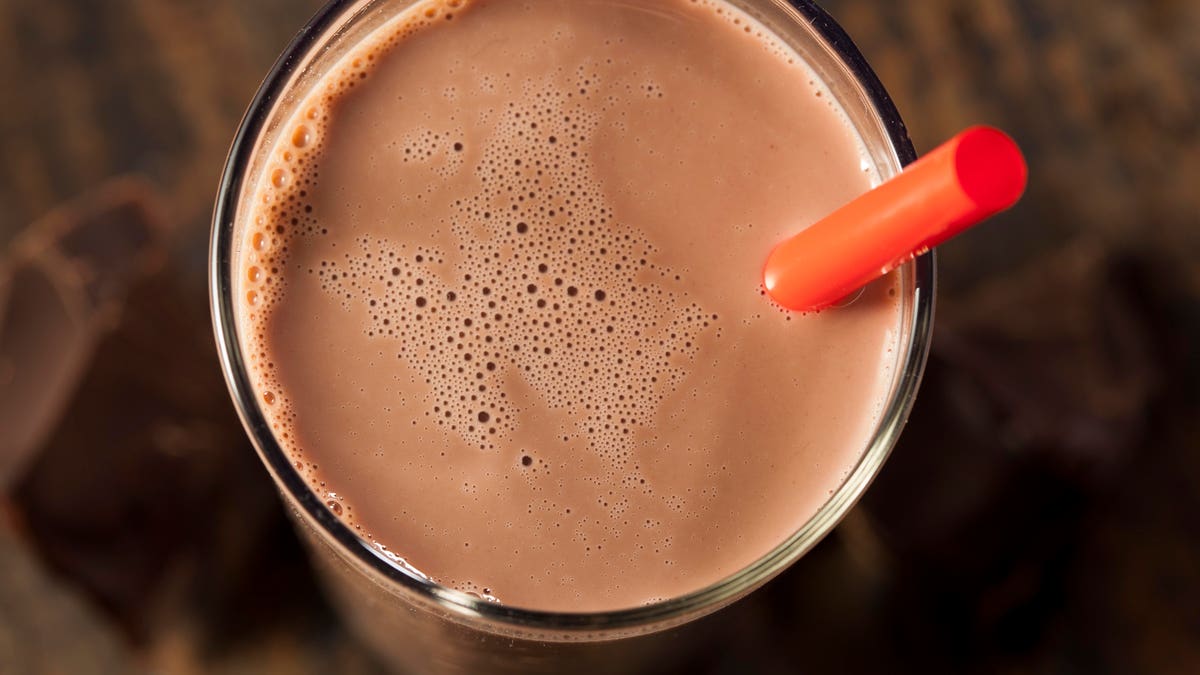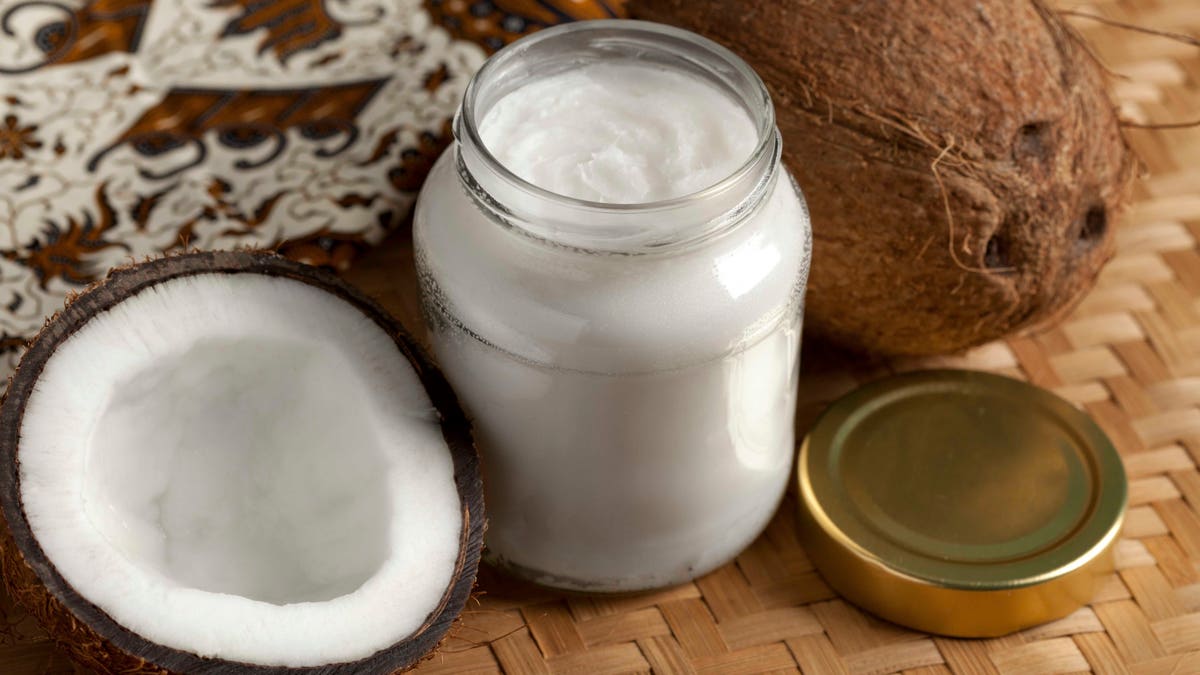OK, guys: you already lost the weight. Now it’s time to get toned. So you’ve begun lifting heavier weights, focusing on your core, and bench-pressing impressive sets. However, no matter how many reps you do, your muscles are not getting that sculpted, body-building look. We hate to tell you this, but just because you've lost the weight doesn’t mean you can stop watching what you eat.
“The food that an individual consumes is the source of fuel during his or her next workout,” says Kristina Portillo, a certified nutrition coach, certified personal trainer, and founder of consulting firm Business Travel Life. “The food you consume after the workout is equally important for your muscle growth and recovery. Overall, food is fuel. In the same way that race cars use different fuel than the average commuter car, someone looking to increase his strength and reach his full strength potential must fuel up with a high-quality diet.”
Muscle-building puts a lot of stress on the body. As you work your muscles, you are surely strengthening them, but you are also damaging them. Your diet needs to support the cycle of regeneration and regrowth.
“If you don't nourish the muscle with the right amount of the right foods, your muscle strength will be diminished,” says Joey Gochnour, a registered dietitian, nutritionist, and certified personal trainer in Austin, Texas, who owns a dietary and fitness consulting business called Nutrition and Fitness Professional.
“Don't sell yourself short on strength and muscle gains with poor nutrition habits! Likewise, nourish the muscle with good nutrition, and your muscle strength will be optimized.”
To help you become a lean, mean muscle machine, we asked personal trainers and nutritionists to weigh in on the matter and tell us which foods will get you in the best shape of your life!

spinach (iStock)
1. Baby spinach
“Rich in chlorophyll and iron, baby spinach is much easier to eat than full-grown spinach and will help you build muscle by providing calcium, which is required for muscle contraction during exercise. Its high chlorophyll content will also reduce the risk of ‘protein breath’ — the halitosis that so many fitness enthusiasts have.”
— Christian Baker, personal trainer and fitness blogger.

Lean piece of buffalo rump roast prepared to be grilled or roasted. This lean meat is very healthy and acceptable to those watching their weight. (iStock)
2. Bison or Buffalo
“Grass-fed bison is a protein-dense food that offers more protein per serving than beef, with half the amount of fat. Bison is also a source of iron, which plays an important role in muscle growth and maintaining a high energy level. Bison contains zinc, which promotes recovery from exercise and increases the body’s ability to produce testosterone. Lastly, bison is a natural source of creatine, which provides a natural energy boost for intense bursts of exercise.”
— Kristina Portillo

Refreshing Delicious Chocolate Milk with Real Cocoa (iStock)
3. Chocolate Milk
“Chocolate milk has a ratio of one to three of grams of protein to grams of carbohydrates, which is the recommended ratio in research around fitness and muscle anabolism (muscle growth).
— Joey Gochnour

(iStock)
4. Coconut Oil
“Coconut oil is full of MCTs (medium-chain triglycerides), fatty acids the body uses for energy, not fat storage. If you are low-carbing, try coconut oil before a workout — it gives great pumps. For those of you on a regular diet, use it in your oatmeal or even cook chicken with it.”
— Maik Wiedenbach

(iStock)
5. Foods High in Vitamin C and Zinc
“You can work out eight hours a day, but if you aren't eating right, you won't get the results you're after. Eating enough protein is the obvious answer. But what people don't always know is that vitamin C helps deliver that protein to the muscles. It also helps minimize inflammation in the muscle tissue, which will allow you to recover faster. Zinc is another key vitamin that is often overlooked. Zinc stimulates enzyme activity, including protein synthesis, which is critical for muscle growth and recovery. So look for foods with vitamin C (try peppers, kale, and broccoli) and zinc (like seafood, meat, and spinach) to get the most out of those proteins."
— Josha Kruvand, personal trainer, certified USA weightlifting coach, AFPA sports nutrition consultant, and owner of Kru Strength + Fitness, a personal training company
See more foods for muscle-building.
More from The Daily Meal
12 Protein Smoothies to Help Build Muscle
8 Best Foods to Get You Through Your Workout
